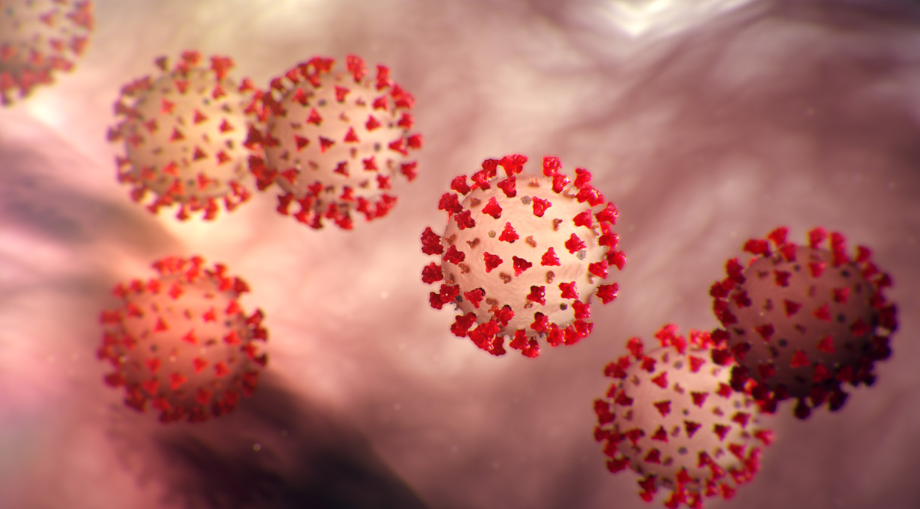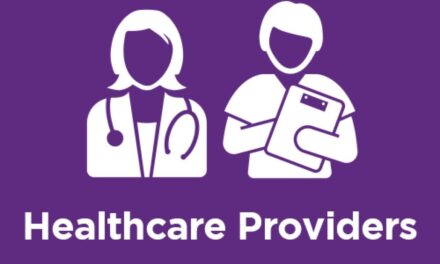By Mary Pat Luetke-Stahlman
The World Federation of the Deaf previously mentioned that the Convention on the Rights of Persons with Disabilities is a powerful tool for working towards human rights for the Deaf Community. Human rights include the highest attainable standard of health. The widespread language deprivation in the community prevents a full understanding of pandemics, which can lead to unnecessary levels of anxiety for community members. Deaf patients often experience fear, mistrust, and frustration in healthcare settings due to the lack of linguistic and cultural access to their provider. Research shows that “miscommunication occurs often between patients and their healthcare providers, which leads to misunderstanding in diagnostic and therapeutic aspects” (Scheier, 2009).
The gap of “health information and education materials provided in sign language” (Pollard, Dean, O’Hearn & Haynes, 2009) is also another issue, and it leads to misunderstandings on social media. As well-intended our community members are, some of them have engaged in actions that show a clear lack of comprehension of what is occurring in China.
For example, a few Deaf individuals called Chinese restaurants using video relay services and used racial slurs and vulgar language against the person who answered the calls. Such calls are hate incidents because the individuals’ behavior escalates only after they ensure that the person answering the call identifies as Chinese. While the callers might feel they are responding out of logic, others have reacted negatively to their choices and expressed that the callers do not seem to understand what is going on.
What some community members may not realize is that coronavirus has been around for awhile and it is not an unfamiliar disease; however, this is a new strain of coronavirus that is spreading. When a new strain appears in humans, anxiety can occur until the development of a vaccine to “cure” the virus is successful. The current strain—which started in Wuhan, China last year—is called the 2019-nCoV.
The Centers for Disease Control and Prevention [CDC] states most of the patients early in the contamination in Wuhan had a link to a large animal produce market, which suggests an animal-to-person transmission happened. The patients bought and ate meat they did not know was infected with the 2019-nCoV strain. As the number of persons sick with the 2019-nCoV strain grew quickly in Wuhan, it has become apparent that a person-to-person spread is occuring. The CDC is closely monitoring this pandemic, and the latest updates are available on their webpage titled, “2019 Novel Coronavirus.”
For those who want to better understand where the 2019-nCoV came from, there is a “wet market” where wild and farm animals are kept alive and captive until someone purchases them. Shortly after the purchase, the market sellers kill the animals right there on the same premises then give the dead animals to the buyers. This is different from the United States, where the animals are already dead and harvested prior to purchase for meat and seafood products. Food safety is a serious concern at wet markets, as the unhygienic approaches of storing and killing the animals considerably increases the risk of food contamination. The National Public Radio released a January 29, 2020 podcast which states the wet market “creates an environment where mutating viruses can slip from one species to another” (Jason Beaubien).
This is exactly how the SARS virus started in 2002 and led to an outbreak the following year. The SARS outbreak led to a crackdown on marketplace vendors selling live poultry/birds, such as chicken and ducks (Chang). Still, the enforcement of policies in wet markets needs to improve in order for food safety to improve (Chang).
You can lower your risk of getting sick with coronavirus by following these guidelines below:
- Wash your hands often with soap and warm water for at least 20 seconds. If soap and water are not available, use an alcohol-based hand sanitizer.
- Do not touch your eyes, nose, or mouth with unwashed hands.
- Avoid close contact with people who are sick.
- Stay home while you are sick.
- Cover your mouth and nose with a tissue when you cough or sneeze, and then throw the tissue in the trash.
- Clean and disinfect the objects and surfaces you touch often.
What about travel to Wuhan, China or other countries where cases of coronavirus have been reported?
- The CDC has recommended that people do not travel to the Hubei Province in China, including Wuhan. Travelers also are discouraged from going to the rest of China.
- If you must travel to other parts of China, protect your health. Avoid contact with sick people. Do not buy or eat any animals (alive or dead), and do not go to any animal markets. Wash your hands often.
- Continue to check back for updates as the situation may change.





